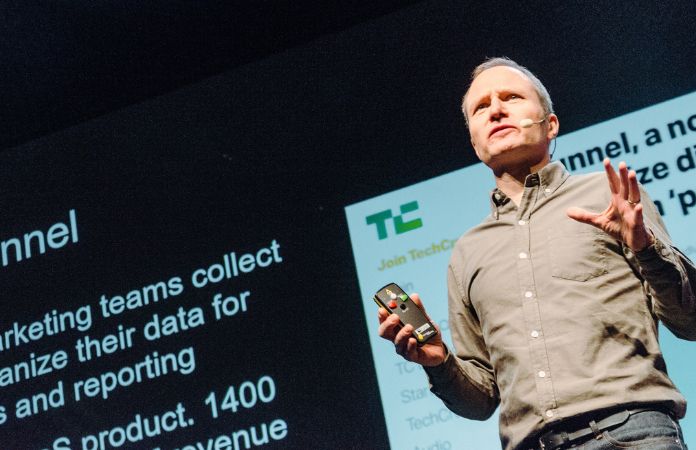We’ve all been waiting for that commission and bonus check at the end of the year. It feels good when it lands for the employee, but how good is it for your organization and employees long-term? Fredrik Skantze, CEO of Funnel, shares his story about how his organization deployed a commission & bonus-free organization, only to see growth explode more than ever before.
In most SaaS companies, bonuses make up a significant part of management compensation, and commissions make up a substantial portion of salespeople’s compensation. So, what does the research have to say?
According to Daniel Pink, author of the book Drive, conditional rewards like bonuses and commissions effectively improve performance for repetitive tasks. However, they reduce performance for cognitively demanding and complex tasks. Now, most people would agree that running a SaaS company and selling a SaaS product is cognitively demanding and complex.
This is one of the most robust findings in social science, but also one of the most ignored discoveries. So, there is an apparent mismatch between what science has shown and what businesses do.
This was one of the driving forces behind Funnel’s decision to stop using short-term conditional rewards.
“It’s about moving from extrinsic motivation to intrinsic drivers. Extrinsic motivation is things like bonuses and commissions. Intrinsic motivation is made up of things like autonomy, mastery, and purpose. 40 years of research tells us that intrinsic motivation yields the best results, and yet almost every SaaS company is still applying the extrinsic motivation model,” he says.
Fredrik points out that at Funnel, they felt that an incentive structure based on individual performance collided with the core values of the company they wanted to build.
“Culture is essential to us, and at the center of that culture are the values of teamwork and collaboration. A problem with bonus and commission structures is that they encourage individuals to focus on their own targets rather than working as a team. It also íncentivizes management to keep goals low, so they know they can reach them.”
“Teamwork and collaboration are our core values, and sales commissions were hampering those values. It wasn’t creating the company that we wanted to build. So we decided to make this change, even if it would be costly and risky. At the end of 2019, we took the plunge and removed all commissions. There was a lot of hesitancy, but we decided to do it. And what happened? Many companies are afraid this move would mean the best salespeople leaves. But not a single salesperson left. And we also saw our best sales results ever.”
Fredrik recommends moving away from short-term bonuses and commissions and replacing them with long-term commitment-building strategies like giving employees stock options. He proposes the following reward structure for management and sales, which is also the structure used at Funnel.
Management:
- Fixed salaries
- Stock options
Sales:
- Fixed salaries
- Individual and team quotas
- Quarterly performance review based on sales performance and behavior
- Annual salary adjustments based on quarterly performance reviews
- Stock options
“From a cultural point of view, this change has made a significant impact. Sales teams are co-selling, coaching each other, sharing leads, and creating a completely different behavior,” says Fredrik.




